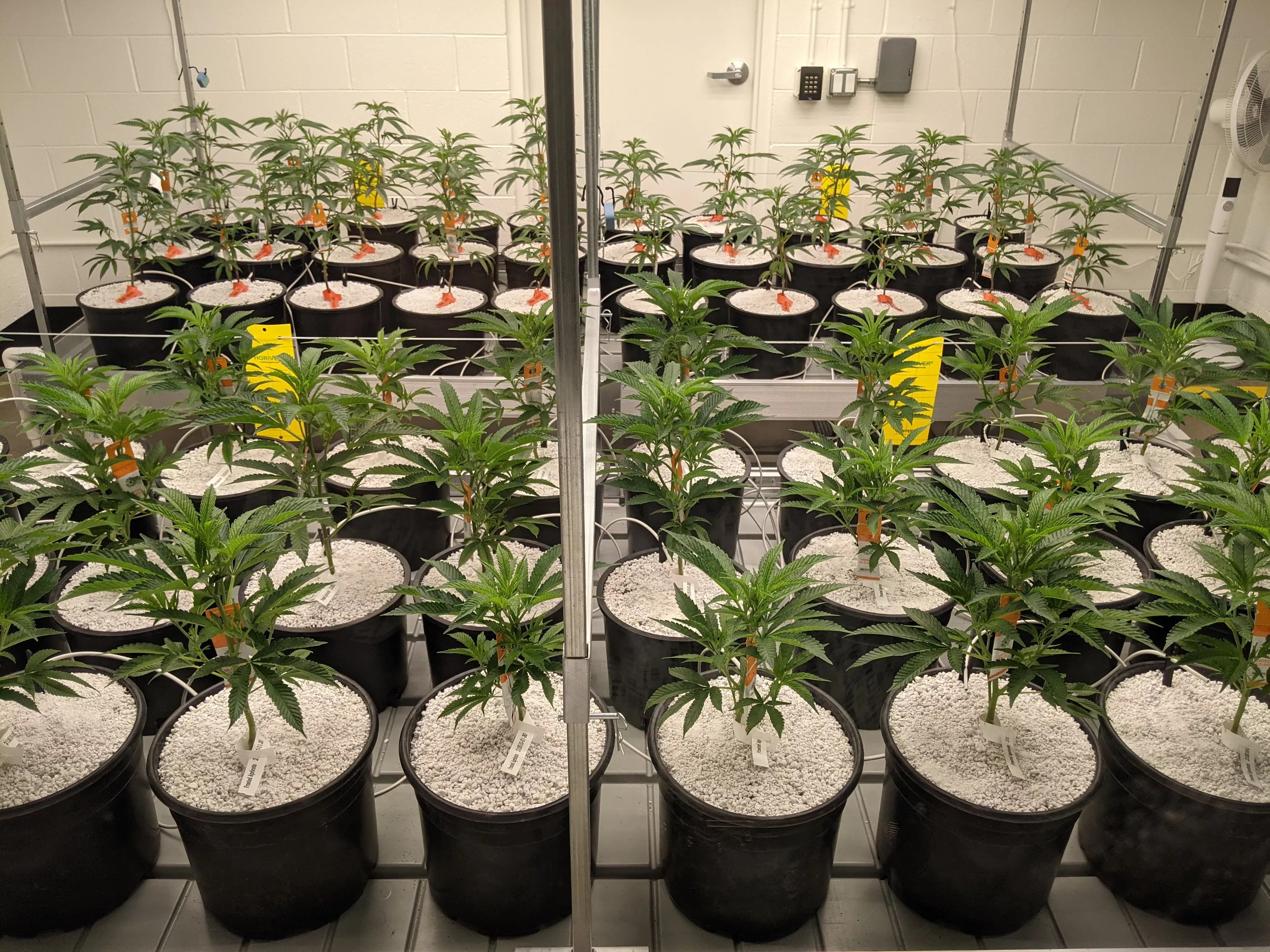
Niki D’Andrea

Audio By Carbonatix
One of the last legal hurdles that threatened to stop Arizona’s “social equity” cannabis license drawing has been cleared.
On Wednesday afternoon, Maricopa County Superior Court Judge James Smith denied the last-ditch effort by three social equity applicants to stall the drawing, which is scheduled for Friday.
The lead attorney on the case, Paul Conant, had argued that the drawing for the highly valued – and controversial – licenses should be delayed, because the Arizona Department of Health Services had not conducted background checks on the 1,175 applicants who still remain in the pool. That could lead some licenses being issued to people who would be disqualified, he said.
But Smith disagreed that this necessitated court intervention.
“The Court finds that the Department properly exercised power that Proposition 207 expressly gave it, used proper procedures, and used its discretion when deciding whether to hold the drawing before or after completing the checks,” Smith ruled.
He denied Conant’s request for a preliminary injunction to halt the drawing.
The lawsuit, Williams v. Arizona Department of Health Services, was not the first challenge brought against Arizona’s social equity program.
The program was created by Prop 207, the ballot initiative that legalized marijuana in the state of Arizona. Voters directed the state to create a program that promoted ownership of dispensaries by people from communities most harmed by old pot laws.
Arizona’s answer to that request was to create a social equity dispensary license lottery, wherein applicants who met a specific set of criteria – including income level, a prior marijuana charge, and ZIP code – could put their name in a hat for a cannabis dispensary license.
Arizona has a cap on the number of cannabis dispensary licenses it will issue, and the 26 social equity licenses will be the last. This makes them highly valuable – up to $15 million just on paper, some experts have estimated.
Prior lawsuits have argued that the program did not do enough to keep large cannabis companies from gaming the drawing. Phoenix New Times has reported on how investors submitted hundreds of applications into the lottery.
One of those, brought by a nonprofit called Black Seed that submitted an application to the lottery, is still pending. The attorney on the case, Timothy McCulloch, wrote to New Times on Wednesday that “it is certainly my hope” that there will be action on the case before Friday.
Conant’s argument, however, hinged on the fact that the DHS, which is administering the social equity program, has not conducted background checks on applicants.
Because Arizona statute prevents people with certain felony charges on their record from holding a license, plaintiffs in the case argued that without background checks, the licenses could be awarded to an applicant who later is found to be ineligible.
All applicants signed attestations that they did not have a disqualifying charge, which the state says was all that was required by the rules.
It’s not clear what would happen should a social equity license be awarded to someone who was later found to be ineligible because of a disqualifying criminal record. The state says it would re-issue the license, but it’s unclear if it would need to start the application process over again, as well.
“This is a one-time deal in Arizona,” Conant argued at a hearing Wednesday morning. If the license were awarded to an unqualified applicant, and then revoked, it “would be unfair to all the other people who have submitted applications, paid their $4,000 application fee, and otherwise have gone through the process of trying to qualify.”
Attorneys for the state emphasized that they had broad discretion over the rules of the program, and that it would take several months to complete background checks of the hundreds of applicants in the lottery – possibly delaying the drawing until the fall.
Smith concluded that while it was clear the state had not yet completed the background checks, this was not a cut-and-dried violation of the statute. Furthermore, he said, the idea that there were some applicants who might fail the background checks was based largely on speculation.
You can read Judge Smith’s complete order below: